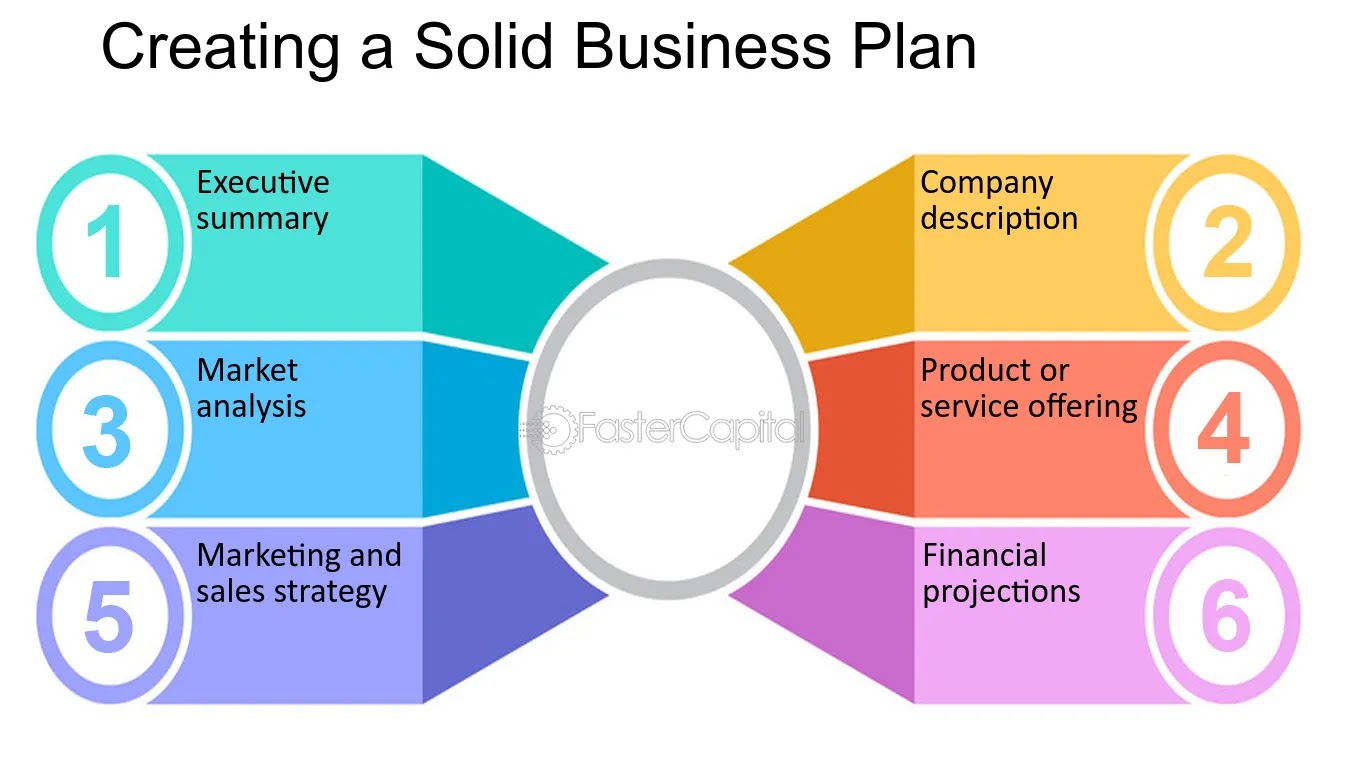A well-crafted business plan is essential for any startup, guiding the company's growth, attracting investors, and providing a roadmap for long-term success.
Here’s how to create a solid business plan in key sections:
1. Executive Summary
Start with a clear executive summary that outlines your business concept, objectives, and product or service offerings. This section provides a snapshot of your overall strategy and should highlight what makes your startup unique. Investors look to this part first, so it must be compelling and concise.
2. Company Description
Provide a detailed description of your company, including its mission, vision, and the problems it aims to solve. Discuss your business structure (e.g., LLC, corporation), location, and the market needs you’re fulfilling. Explain how your products or services cater to these needs and what makes your approach stand out in the industry.
3. Market Research and Analysis
A critical part of any business plan, market analysis demonstrates your understanding of the industry and target audience. Include data on market size, trends, competitors, and customer demographics. Identifying your target market and competitors helps refine your marketing strategy and positions your product for success.
4. Organization and Management
Investors want to know who’s running the business. Describe your leadership team, key employees, and their roles. Highlight their experience and expertise to build confidence in your company’s management. You can also include an organizational chart for clarity, showing who handles critical tasks like marketing, operations, and financial management.
5. Product Line or Services
Clearly define the products or services your business will offer. Explain what differentiates your offerings from competitors and how your business provides value to customers. You should also discuss your product lifecycle, any ongoing development or innovations, and potential intellectual property protections such as patents.
6. Marketing and Sales Strategy
Your marketing plan should outline how you will reach your target audience and convert leads into paying customers. Detail your pricing strategy, marketing channels (social media, email, SEO, etc.), and sales tactics. Ensure your marketing strategy aligns with your company’s overall goals and market position.
7. Financial Projections
Solid financial projections are essential for investors to assess the profitability of your startup. Provide projected income statements, cash flow statements, and balance sheets for at least the next three to five years. Break down expected revenue, operational costs, and your projected break-even point.
8. Funding Requirements
If you’re seeking investment, clearly define how much funding you need, what it will be used for, and how it will contribute to the company's growth. Be specific about your financial goals, whether for product development, marketing, or operational expansion.
Conclusion
Creating a robust business plan is essential for a startup’s success. It acts as a roadmap, helping you manage your company effectively and securing funding by showcasing a clear vision, well-researched market data, and sound financial projections.

